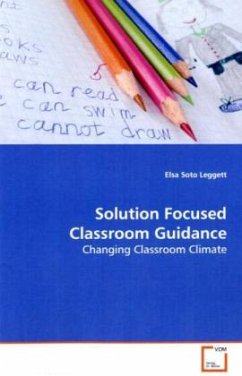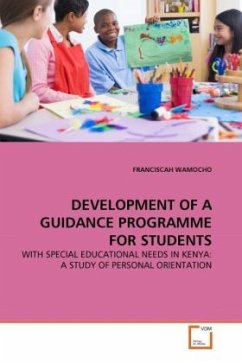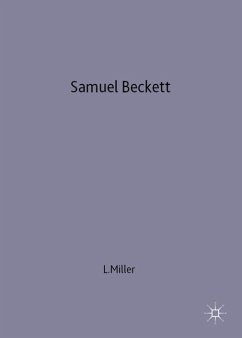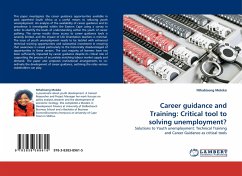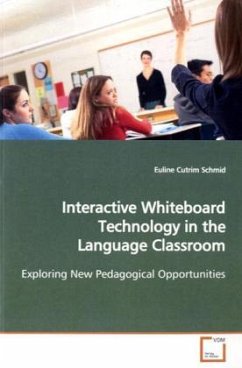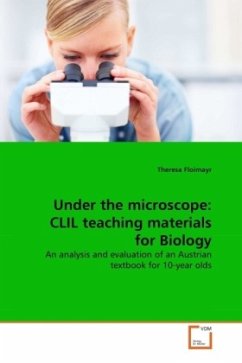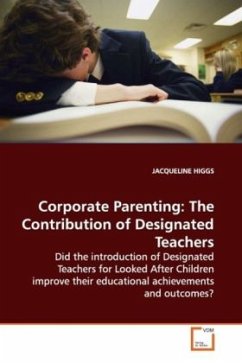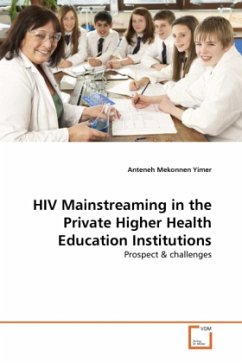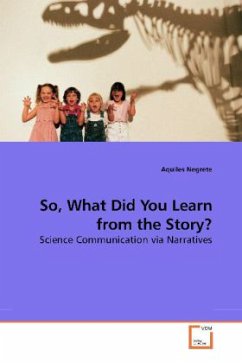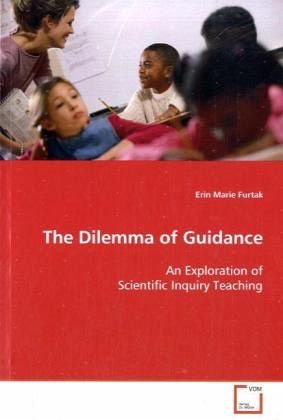
The Dilemma of Guidance
An Exploration of Scientific Inquiry Teaching
Versandkostenfrei!
Versandfertig in 6-10 Tagen
52,99 €
inkl. MwSt.

PAYBACK Punkte
26 °P sammeln!
Recent reforms in US science instruction haveencouraged teachers to engage students in the processof inquiry, but have not given clear direction on theextent to which students should, or should not, beguided toward particular conclusions. This paper is amultiple-method exploration of the nature of guidancefour middle school teachers provided duringdiscussions during a physical science unit aboutdensity. Pre and posttests of students conceptualunderstanding identified teachers whose students hadhigh and low learning gains through the course of theunit. Videotapes of each teacher s lessons were ...
Recent reforms in US science instruction have
encouraged teachers to engage students in the process
of inquiry, but have not given clear direction on the
extent to which students should, or should not, be
guided toward particular conclusions. This paper is a
multiple-method exploration of the nature of guidance
four middle school teachers provided during
discussions during a physical science unit about
density. Pre and posttests of students conceptual
understanding identified teachers whose students had
high and low learning gains through the course of the
unit. Videotapes of each teacher s lessons were then
coded according to a framework of authoritative,
dialogic, and blended guidance, as well as the
conceptual levels addressed during discussions.
Results indicate that the teachers whose students had
higher learning gains at the end of the unit shifted
more often between authoritative and dialogic
communicative approaches, and led discussions which
more closely mapped onto the expected conceptual
progression underlying the unit. The study highlights
the importance of actively shifting guidance to
develop students conceptual understanding during
inquiry-based teaching.
encouraged teachers to engage students in the process
of inquiry, but have not given clear direction on the
extent to which students should, or should not, be
guided toward particular conclusions. This paper is a
multiple-method exploration of the nature of guidance
four middle school teachers provided during
discussions during a physical science unit about
density. Pre and posttests of students conceptual
understanding identified teachers whose students had
high and low learning gains through the course of the
unit. Videotapes of each teacher s lessons were then
coded according to a framework of authoritative,
dialogic, and blended guidance, as well as the
conceptual levels addressed during discussions.
Results indicate that the teachers whose students had
higher learning gains at the end of the unit shifted
more often between authoritative and dialogic
communicative approaches, and led discussions which
more closely mapped onto the expected conceptual
progression underlying the unit. The study highlights
the importance of actively shifting guidance to
develop students conceptual understanding during
inquiry-based teaching.



